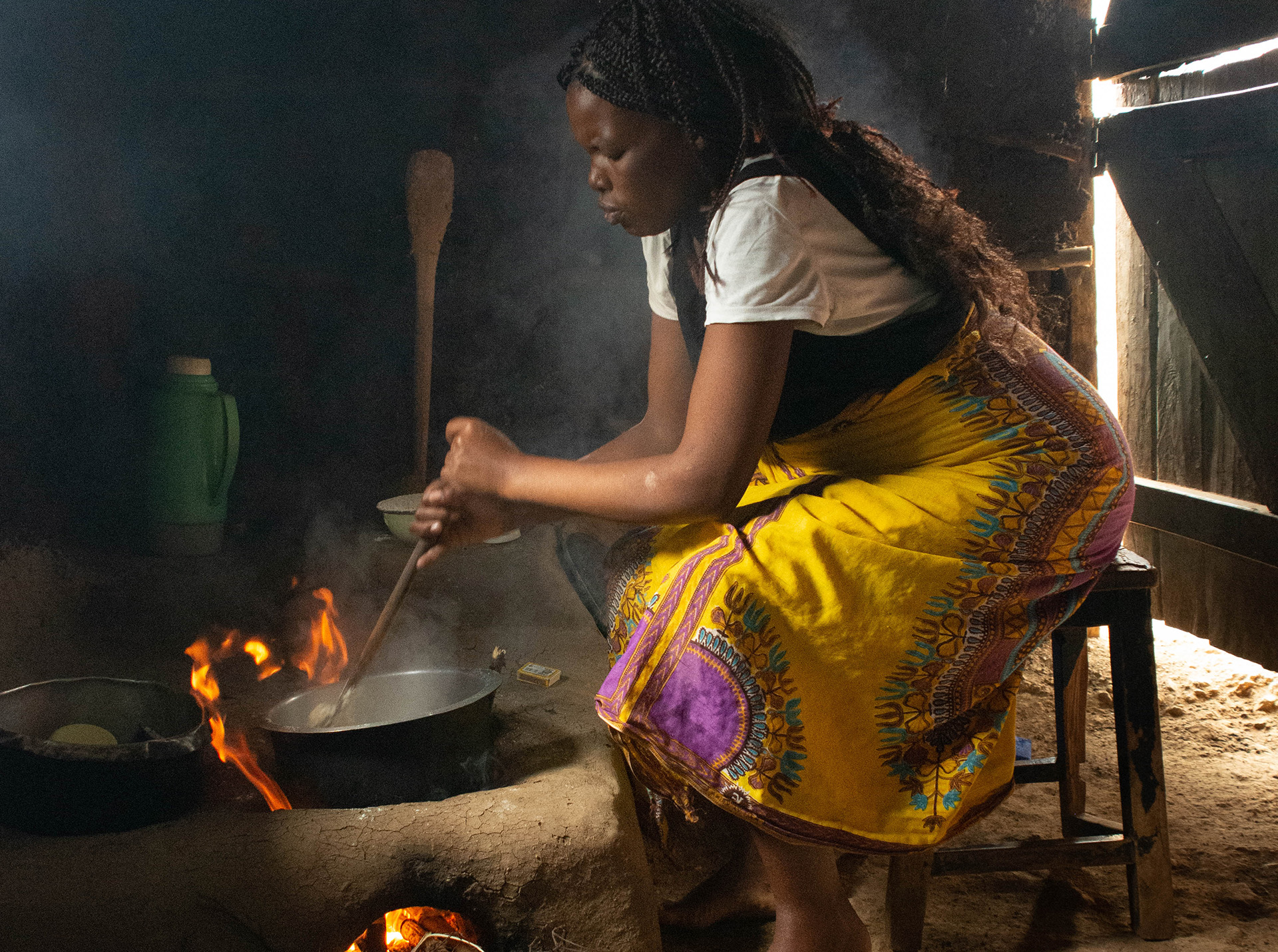A call to action in combatting air pollution in the UK
Here is a missed opportunity to help focus more attention on the health impacts of household air pollution in developing countries. This is a very substantial and persistent public health challenge, and one that still is not getting the policy attention and investment it warrants.
So, let’s consider this article that recently appeared in The Times newspaper, centred on a letter addressed to Prime Minister, Sir Keir Starmer. Signed by more than one hundred senior medical practitioners, it urged ‘greater effort to reduce air pollution and protect people’s health’, in the UK.
The article, ‘Act on wood-burning stoves to prevent deaths like Ella’s, urge doctors‘, was written by the newspaper’s experienced environment editor Adam Vaughan. He highlighted the adverse health impacts of air pollution, the estimated 38,000 deaths from this cause per year in the UK, and identified wood burning stoves as ‘low hanging fruit’ for mitigating the most dangerous pollution from small particulates (PM2.5).
The case of Ella Adoo-Kissi-Debrah, whose death aged 9 years was attributed at the 2021 inquest as being in part caused by air pollution, was viewed by the doctors signing the letter as a ‘wake-up call’ around the lack of awareness about the damage being caused to health.
A well-researched article that could have made the link
This was a well-researched, balanced article, focused on the problem of air pollution in the UK. Over the last year, Adam Vaughan has published quite a number of other articles in The Times on related topics, including the innovative practice adopted at Great Ormond Street Hospital of including air pollution data in children’s medical records. His articles are excellent, and are helping to keep the issue of air pollution and mitigation on the UK’s policy agenda.

Cooking over a traditional wood stove in rural Kenya, a practice producing high levels of air pollution with serious health impacts
While the scope of articles is inevitably constrained by word limits and editorial focus, this was nevertheless a missed opportunity to sound a ‘wake-up call’, even briefly, about the global health impacts of air pollution, amounting to some 7 million deaths estimated by WHO to occur annually.
Especially so since, of this total, around three million result from ‘household air pollution’ (HAP), mostly produced by burning solid fuels (wood, charcoal, crop wastes, and animal dung), and kerosene, in inefficient cooking and heating stoves.
This is so closely related to the health impacts of wood burning stoves in developed countries, that the connection would have been easy to make.
A topic being overlooked by the media
Readers concerned about the story of Ella Kissi-Debrah, and the effects of air pollution from traffic, wood stoves, and other sources on their own children, would surely be interest in, and sympathetic to, the plight of families in developing countries.
This could set the scene for following up the topic in more detail, with reporting on what is being done to address it (currently ‘too little, and too slowly’), and discussion of some of the most critical policy issues including how to mobilise investment in clean energy, controversy in carbon finance accounting, and the role of LPG in a just clean energy transition.
To accelerate this historically slow progress on policy and investment in developing countries, in May 2024 the International Energy Agency held a Clean Cooking in Africa Summit. In spite of this being attended, in person, by more than 1,000 participants from around the world, including several heads of state, the Director General of WHO, and more than 20 ministers, there was virtually no mainstream media attention. The exceptions were Le Monde (the Summit was held in Paris and President Macron hosted a special session for heads of state at the Élysée Palace), and the Financial Times (reflecting the investment promised by companies such as TotalEnergies).
Why is this important topic being overlooked? Perhaps the editors of major developed country media groups believe there isn’t yet sufficient interest among their audiences to justify giving this topic the attention it deserves.
Readers do care about health impacts in developing countries

A child sleeping in a room heated by a charcoal jiko (stove), and at risk of poisoning and death if there is inadequate ventilation
It seems unlikely that readers of major media publications would not be interested or concerned by the shocking statistics around deaths and illness caused by household air pollution.
But in any case, it is surely the job of journalists and the mainstream platforms they write for, to generate awareness among their readership about critical global issues.
And those issues don’t get much more critical than the impacts of energy and fuel poverty in developing countries. with severe consequences for the health, economic development, gender equality, forest resources, and climate of some three billion of the world’s poorest people.
A new training course for African journalists
Those concerned about this issue need to encourage journalists everywhere to give it more of their attention, and help to raise awareness among professionals and the public. For our part, through a new course to be delivered by the Kenya Medical Research Institute (KEMRI) in Nairobi, we are working to train journalists and health communicators across Sub-Saharan Africa, so they understand the risks and how these can be addressed, and are better equipped to investigate and report on this complex and mis-represented topic.
Check out our video on prevention of carbon monoxide poisoning in Africa from solid fuel use. This will be used in the new training programme, and empahsises why action on clean household energy is such an urgent priority. If this does not deserve some attention from our journalists and major media platforms, I do not know what does.





